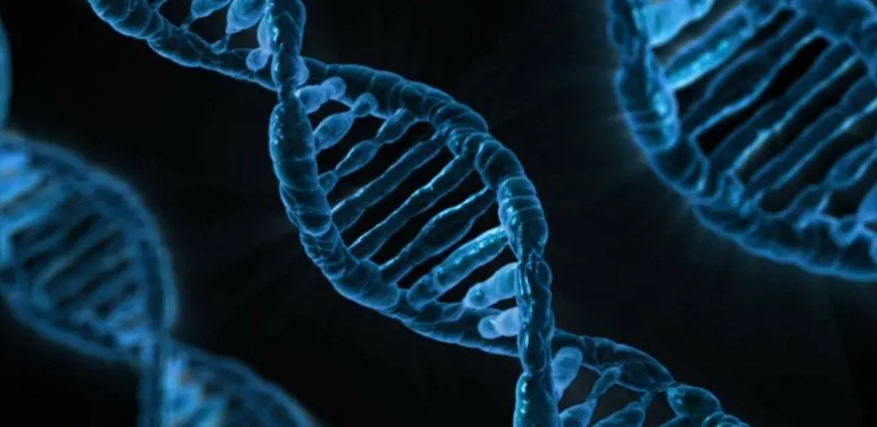Tumour ‘signatures’could provide key to more accurate treatment for deadliest cancers

科学家们已经找到了一种方法来识别和解释肿瘤“特征”,这些“特征”揭示了一些最致命的癌症的复杂遗传原因——这些癌症的存活率通常低于 10%。这项发表在《自然》杂志上的成果可以让他们开发出更准确的治疗方法并显着提高存活率。
Scientists have found a way to identify and interpret ‘signatures’ that reveal the complex genetic causes of some of the deadliest cancers – which often have a survival rate of less than 10%. The results, published in Nature, could allow them to develop more accurate treatments and significantly improve survival rates.
目前,科学家们利用个体基因变化来开发突变特征,以此了解癌症的起源,并预测癌症的进展。然而到目前为止,还没有一个框架可以以同样的方式解释在染色体不稳定性中看到的更大、更复杂的遗传变化模式。
Currently, scientists use individual genetic changes to develop mutational signatures, which can be used to understand the origin of a cancer, and to predict how a cancer progresses. However, so far, there has not been a framework to interpret the larger, more complex patterns of genetic changes seen in chromosome instability in the same way.
如今,剑桥大学和马德里国家癌症研究中心的科学家们首次发布了一个强大的框架,使他们能够分析人类癌症中的染色体不稳定性。
Now, for the first time, scientists at the University of Cambridge and the National Cancer Research Center, Madrid, have published a robust framework to allow them to analyse chromosomal instability in human cancers.
这项研究孵化了英国剑桥癌症研究所的衍生公司 Tailor Bio,该公司旨在建立一个新的泛癌精准医疗平台。该平台将使该团队能够开发出更好的针对各种癌症的药物,并根据患者的癌症类型更准确地对患者进行分组,确保他们获得最佳、最具针对性的肿瘤治疗。
This research has led to the formation of Tailor Bio, a spin-out company from the Cancer Research UK Cambridge Institute, which aims to build a new pan-cancer precision medicine platform. This platform will allow the team to develop better drugs for a wide range of cancers and to group patients according to their cancer type more accurately, ensuring they get the best, most targeted treatment for their tumour.

 中文
中文 English
English
